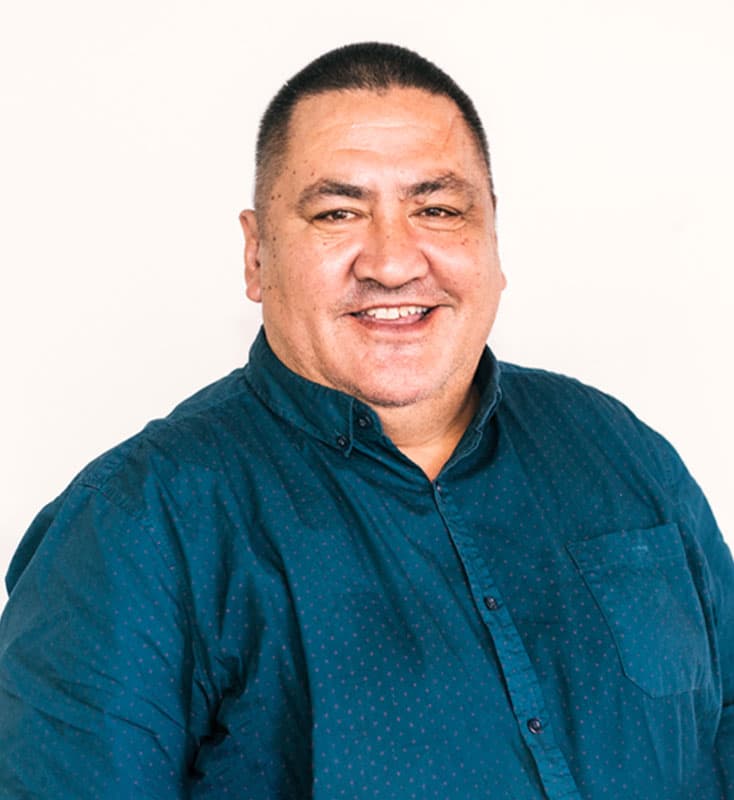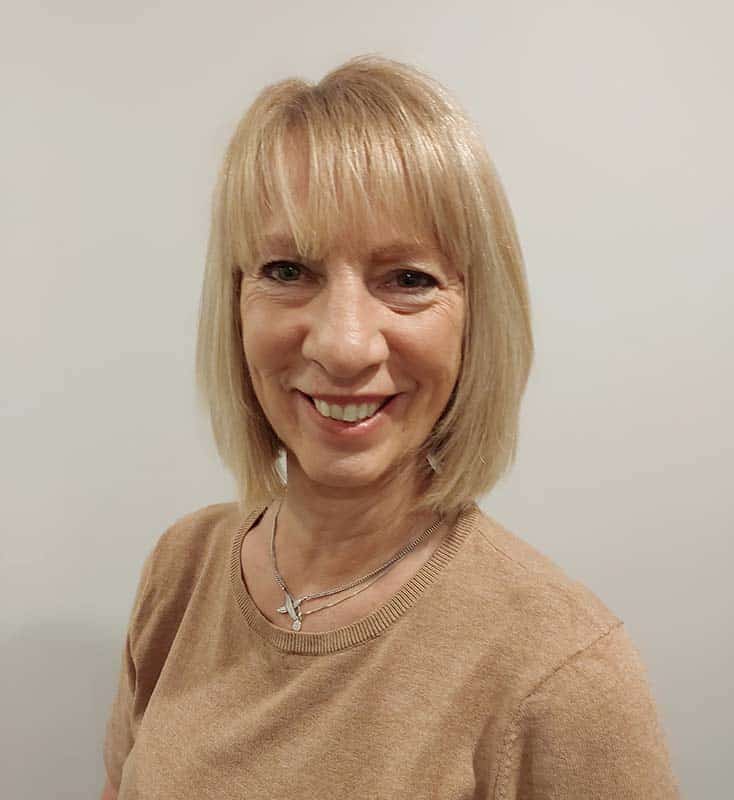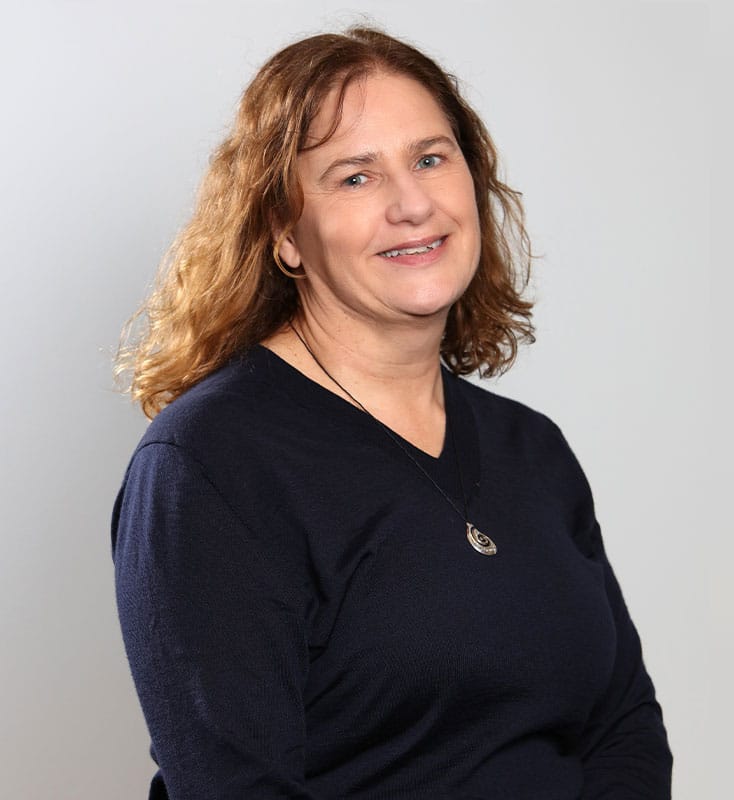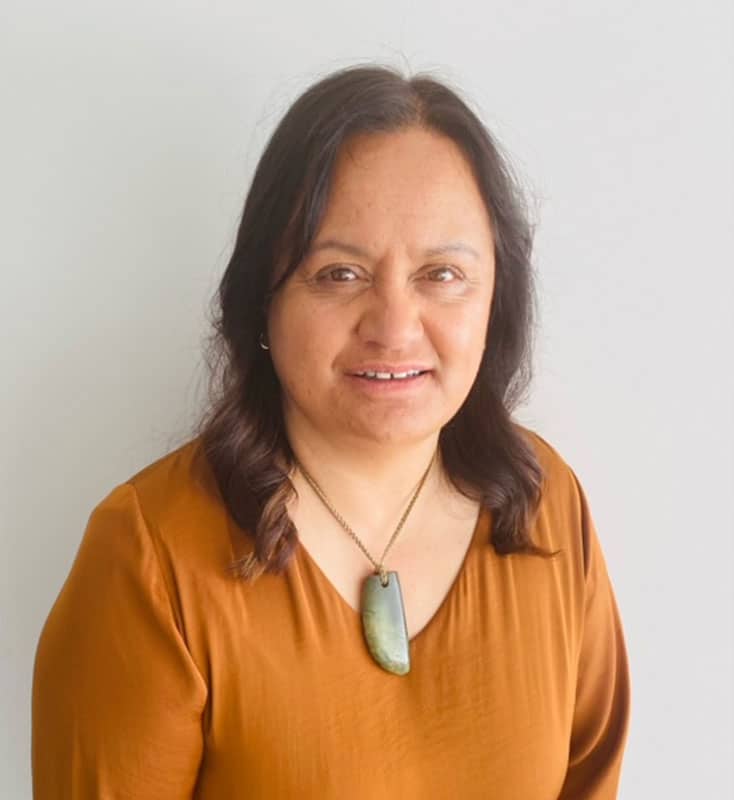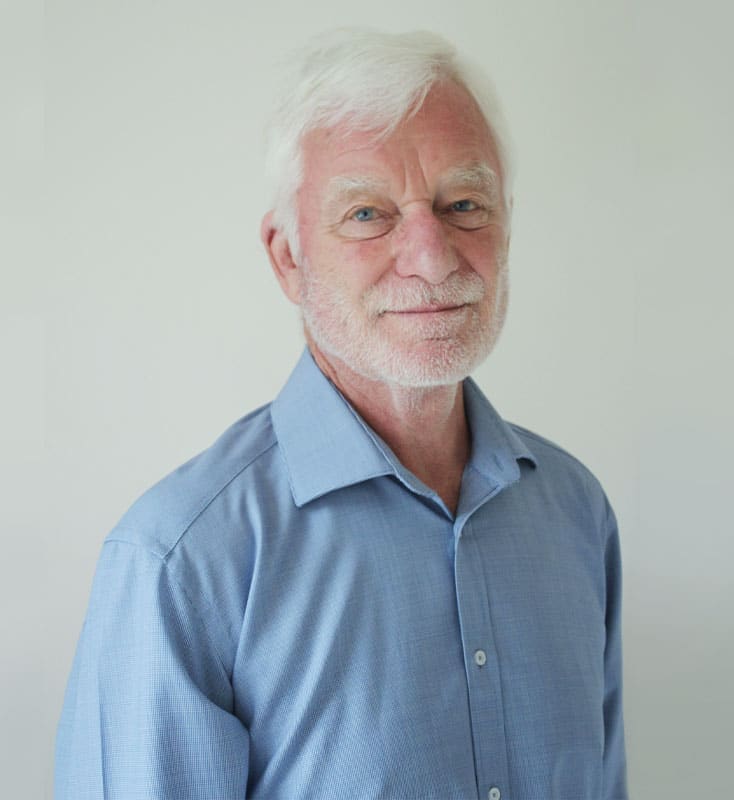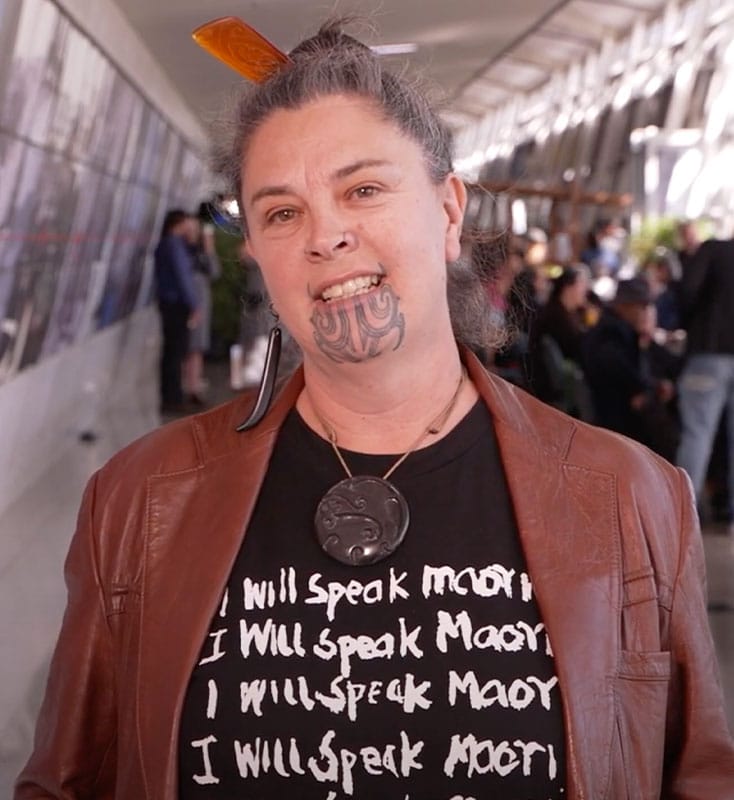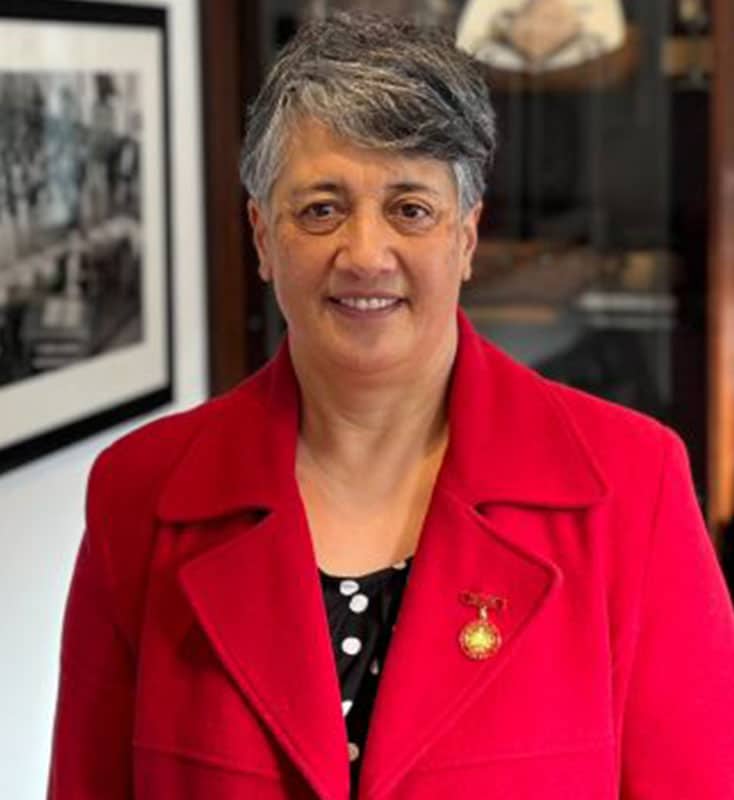George, L., Gilberd, P., Napier, A., Reynolds, P., & White, J.
Culture Homelessness Society
Parity, 30(8), 46-48
2017
Read Publication
This article, written with two Anglican reverends, presents a discussion on the issue of housing in New Zealand, framing it not as a crisis of housing alone but as a broader crisis affecting whānau (family) wellbeing.
Central to their argument is the Māori concept of tūrangawaewae, which translates to a place of belonging or standing, essential for the wellbeing and growth of individuals and families. The authors argue that addressing New Zealand’s housing crisis requires a shift in focus from the physical and financial aspects of housing to a more holistic view that includes addressing deprivation, marginalisation, and inequality. The article outlines the Anglican Church’s position on housing as a critical component of wellbeing and a shared responsibility of the government to ensure fair and equitable distribution of resources to enable access to safe and affordable housing. It discusses the housing continuum in New Zealand, from homelessness to private home ownership, highlighting the blockages and failures within the system, particularly the lack of stable, secure, affordable housing for low-income households. Moreover, the piece touches on historical and intergenerational trauma, especially among Māori and Pacific Island communities, as significant factors exacerbating the housing crisis. It argues for a compassionate society and a collective approach to solving the housing issue, emphasising the importance of tūrangawaewae as a spiritual and communal foundation for addressing the wider social justice issues related to housing. Through theological reflection and a call to action, the authors advocate for a society where all individuals have the dignity of a safe and secure place to call home. They highlight the Anglican Church’s initiatives to maintain focus on housing issues beyond electoral cycles and invite collaboration across political and social spectrums to ensure tūrangawaewae, and thereby whānau wellbeing, for all New Zealanders.


